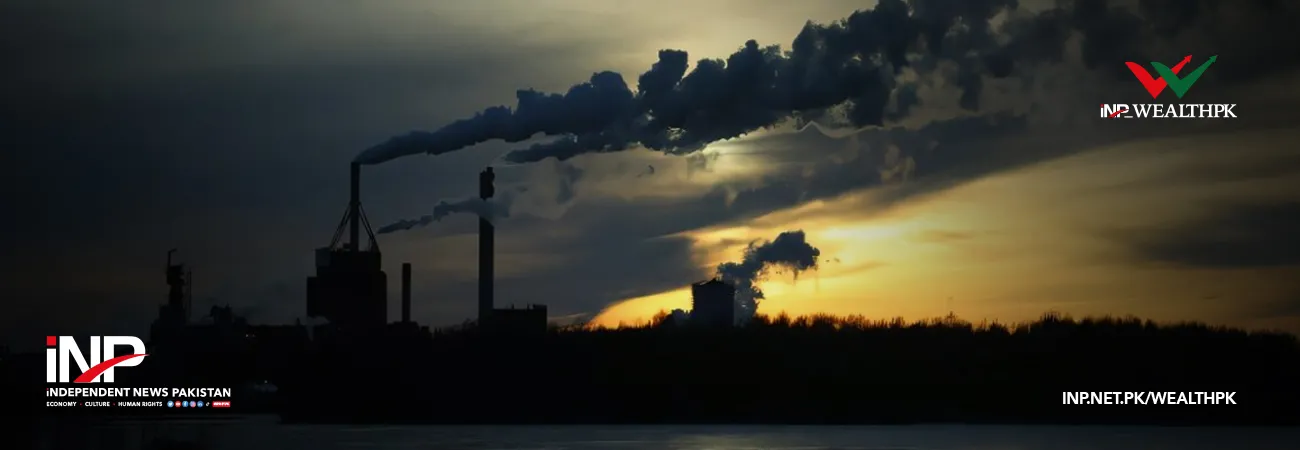INP-WealthPk
Javed Akhtar
Continuous hike in the US Fed policy rate has severely affected developing economies including Pakistan, experts told WealthPK.
The global economy is reviving quickly after the Covid-19 slowdown, increasing demand across all global markets. The increase in demand has ultimately accelerated inflation across countries, prompting their central banks to opt for tight monetary policies to cool down their economies.
In order to combat the stubbornly high inflation, the Fed has raised interest rates over the last few months, and a further increase is expected in the coming days. The hike in interest rates is weakening many major currencies and spurring capital outflows from developing countries.
Despite repeated warnings by economists that the hikes would disrupt the global economy and foreshadow a recession, the United States has once again used the dollar’s overwhelming power to transfer the crisis to other countries. The impact will be felt most acutely by emerging markets and developing countries.
Owing to the dollar's dominant global status, many central banks are forced to raise the interest rates following the Fed, regardless of whether their economies are under pressure or their inflation is low.
Talking to WealthPK, Dr. Khalid Mahmood, a public policy expert at the Pakistan Institute of Development Economics (PIDE), Islamabad, said the Fed policy rate hike is likely to stop the growth of developing economies and cause contraction. Most international trade would be impossible without the US dollar, which is the most important global settlement currency.
In response to the Fed's aggressive interest rate hike, most non-dollar countries will face a dilemma because if they don't raise the interest rates in line with the US, their currencies are likely to decline, and their interest rate gap against the dollar could even invert, putting their economies at risk of capital outflows and jeopardizing international payments.
Dr. Khalid added that the US is a trade-deficit country like developing nations including Pakistan. The more it grows, the more it needs in the form of imports from the rest of the world. If it contracts its economy through the rising interest rates, it means other countries will not be able to sell the same to the US. In addition, the capital flight starts to shift toward the US when the Fed raises its interest rates. As the rates are better there, other economies start investing in US treasuries and bonds, leaving less for emerging economies in which some developing countries are also included. So, a Fed rate hike is a negative sign for the rest of the world.
The Chief Executive Officer (CEO) of Fair Edge Securities Muhammad Safdar Kazi told WealthPK that the Fed's upsurge in interest rates has negatively affected the global share market.
He said the rise in the interest rates had two major implications for the global economies.
Firstly, the increase in interest rates squeezed capitalization across economies, and slowed the process of industrialization.
Secondly, the rise in interest rate always negatively affects the stock market, as funds transfer from the capital market to the banking sector and bond market, which provide more secure and high-profit rates.
Credit : Independent News Pakistan-WealthPk













